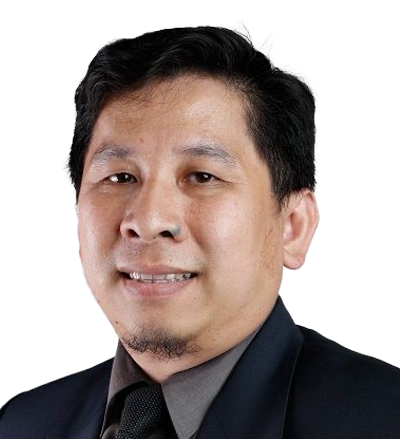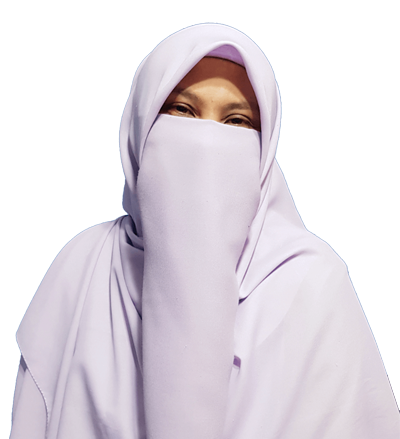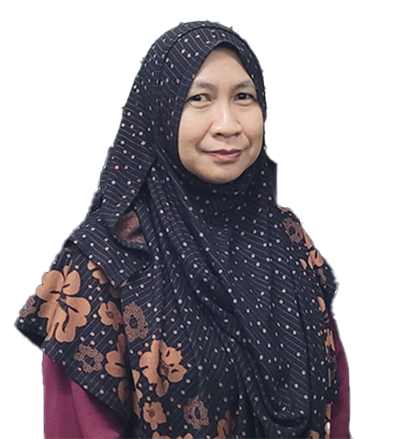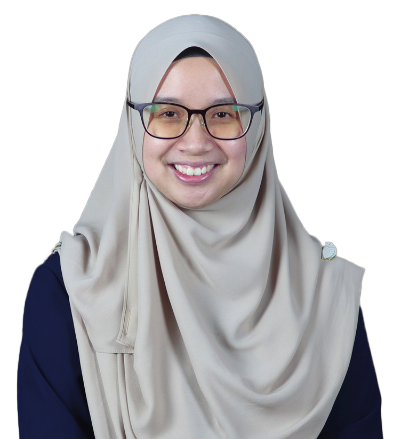Assalammualaikum wr wb,
Dear
,
Did you know that mental health knows no boundaries? Even prominent scholars like Imam Ibn al-Qayyim and Imam Al-Ghazali wrote about inner struggles, grief, and the human experience of pain. Imam Al-Ghazali, for instance, openly documented his personal struggles with anxiety and spiritual crisis in his journey toward faith
and understanding. His writings, The Alchemy of Happiness and The Revival of Religious Sciences, reflect his battle to find balance and peace, reminding us that even the most knowledgeable can feel lost at times.
Today, mental health struggles touch countless lives across every status and situation. Anxiety, depression, and stress affect young and
old, men and women alike. Yet, far too often, these challenges are faced alone, clouded by stigma and silence. What if, like our Prophet Muhammad (PBUH) and early scholars of Islam, we could find strength and peace within the wisdom of our faith?
Our tradition offers a timeless guide for managing mental and emotional challenges, encouraging
self-compassion, community, and a reliance on faith. Here are three core principles inspired by these teachings that will be explored at the Islamic Mental Health Convention: Here are three core principles inspired by the Prophet’s (PBUH) approach that will be explored at the Islamic Mental Health Convention:
1. 𝐓𝐞𝐧𝐝𝐢𝐧𝐠 𝐭𝐨
𝐄𝐦𝐨𝐭𝐢𝐨𝐧𝐚𝐥 𝐍𝐞𝐞𝐝𝐬
The Prophet (PBUH) prioritized the emotional well-being of others, offering both spiritual guidance and compassionate support to those in distress. At IMHC, we’ll explore how adopting this approach of empathy can help us care for ourselves and those around us, so no one feels alone in their journey.
2. 𝐓𝐡𝐞 𝐈𝐦𝐩𝐨𝐫𝐭𝐚𝐧𝐜𝐞 𝐨𝐟 𝐒𝐞𝐥𝐟-𝐂𝐨𝐦𝐩𝐚𝐬𝐬𝐢𝐨𝐧
Prophet Muhammad (PBUH) taught the importance of being kind to oneself, reminding us not to overburden ourselves—even in worship. This message of self-compassion is crucial for managing stress and preventing burnout today. The convention will share ways to integrate self-kindness into daily life,
especially during times of struggle.
3.𝐂𝐨𝐦𝐦𝐮𝐧𝐢𝐭𝐲 𝐒𝐮𝐩𝐩𝐨𝐫𝐭 𝐚𝐧𝐝 𝐌𝐞𝐧𝐭𝐚𝐥 𝐇𝐞𝐚𝐥𝐭𝐡
The Prophet (PBUH) fostered a culture of community care, urging his companions to support one another. This tradition of community remains a powerful source of mental
wellness, and the IMHC panel will discuss how we can create supportive, stigma-free spaces in our faith communities for those facing mental health challenges.
Speakers / Panelists

| GOH & Opening remarks
Dr Wan Rizal
MP for Jalan Besar GRC ( Kolam Ayer ) |

| International Guest Speaker:
Will be announced when permits are approved.
Please make dua for this to happen. |

| Panelist: Dr Djoni Huang Immediate Past Honorary Secretary of Muslim Healthcare Professionals Association and Director,
Clinical Services, Mt Alvernia Hospital |

| Panelist: Ustazah Noraini Abdul Wahab Licensed Clinical Mental Health Counselor, APKIM Resource |

| Moderator: Mdm Siti Adilah Abu Bakar Director, APKIM Resources |

| Qariyah: Ustazah Atiiqah Suhaimi |